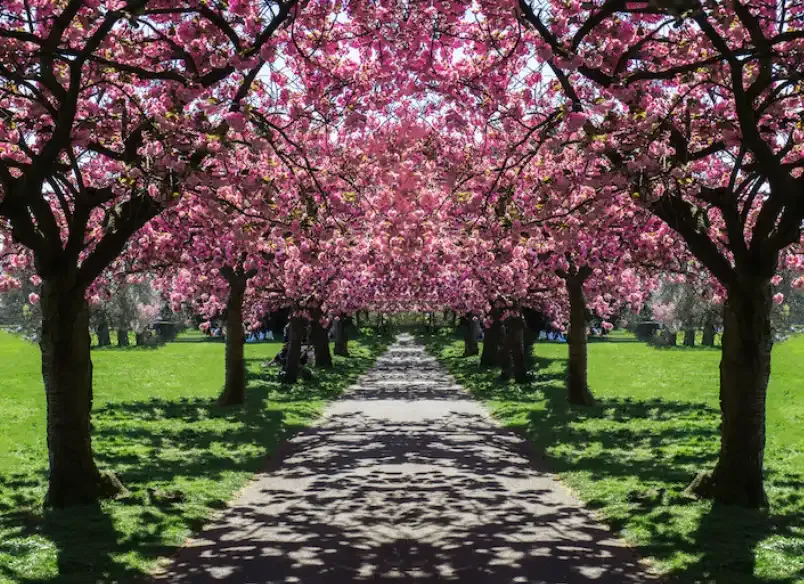Live your Way, Anywhere




The Dao Way
Live your way, anywhere
Whether you're a solo traveller or a multi-gen family travelling with your pets, Dao is more than a place to stay.
Our aparthotels are designed to adapt to your unique lifestyle. Live, work and discover at your own pace.

Offers
Our Hotels
-

Singapore
Dao by Dorsett AMTD Singapore
In the heart of Singapore's vibrant Central Business District is the apartment hotel Dao by Dorsett AMTD a a Singapore, contemporary lifestyle aparthotel that offers unique blend of comfort, convenience, and luxury. Whether you are travelling for business or pleasure or both, alone, with family or with your human or furry friends, Dao offers you the best abode in Singapore, for short or long stay.Dao is more than a stay. Our aparthotels are designed to adapt to your unique lifestyle. Live, work and discover at your own pace.Dao; Tailored from arrival so you can live your way, anywhere. 6 Shenton Way, OUE Downtown 1, #07-01, Singapore 068809 ...View More -

London
Dao by Dorsett West London
Minutes away from Westfield London and White City, Dao by Dorsett West London overlooks Shepherds Bush Green with 74 modern studios, one-bedroom apartments and a two-bedroom duplex. 56 Shepherd’s Bush Green, London, W12 8QE ...View More -

London
Dao by Dorsett North London, Opening in Spring 2025
Housed within a restored Grade II listed Hornsey Town Hall, Dao by Dorsett North London’s 63 studios and the one-bedroom apartments combine glamour of the 1930s with the landmark’s original ironmongery and timber panelling. Stay with us for a classic experience tinged with modern touches and comforts. ...View More
Why Book with Us
-

Aparthotel Living
Discover your own pace in your space - your comfort, your choice, every time.
-

Sustainable Stays
Dao by Dorsett is dedicated to offering feel-good getaways for a sustainable future.
-

Pet-friendly
The right space for you and your furry friends
-

Community
Join our community at Dao where harmonious rituals and socialising blend seamlessly.
What's On
Dorsett - Your Rewards
-
Become Our Member For Instant Benefits
At Dorsett – Your Rewards, we are your passport to a world of possibilities. Our flexible point programme makes it easy to earn and redeem rewards with us. No strings, no catches. Just instant benefits, including a 12% room discount when you book with us online.
-
-
12% Off All Promotions
-
1 Point Redemption
-
Free in-room Wi-Fi
-
Birthday Offers
-

Join Dorsett Rewards
Sign up for Dorsett Rewards for free and enjoy a special 12% off member-exclusive rate for most bookings, along with an amazing range of benefits including:
Flexible 'Part-cash, Part-points' Redemption
Room Upgrades to Suites
Guaranteed late check-out (up to 4 additional hours)
Complimentary Breakfast
Explore more exclusive benefits at www.dorsett-yourrewards.com
*Terms and conditions apply
Members Save 12%
Join for Free





































